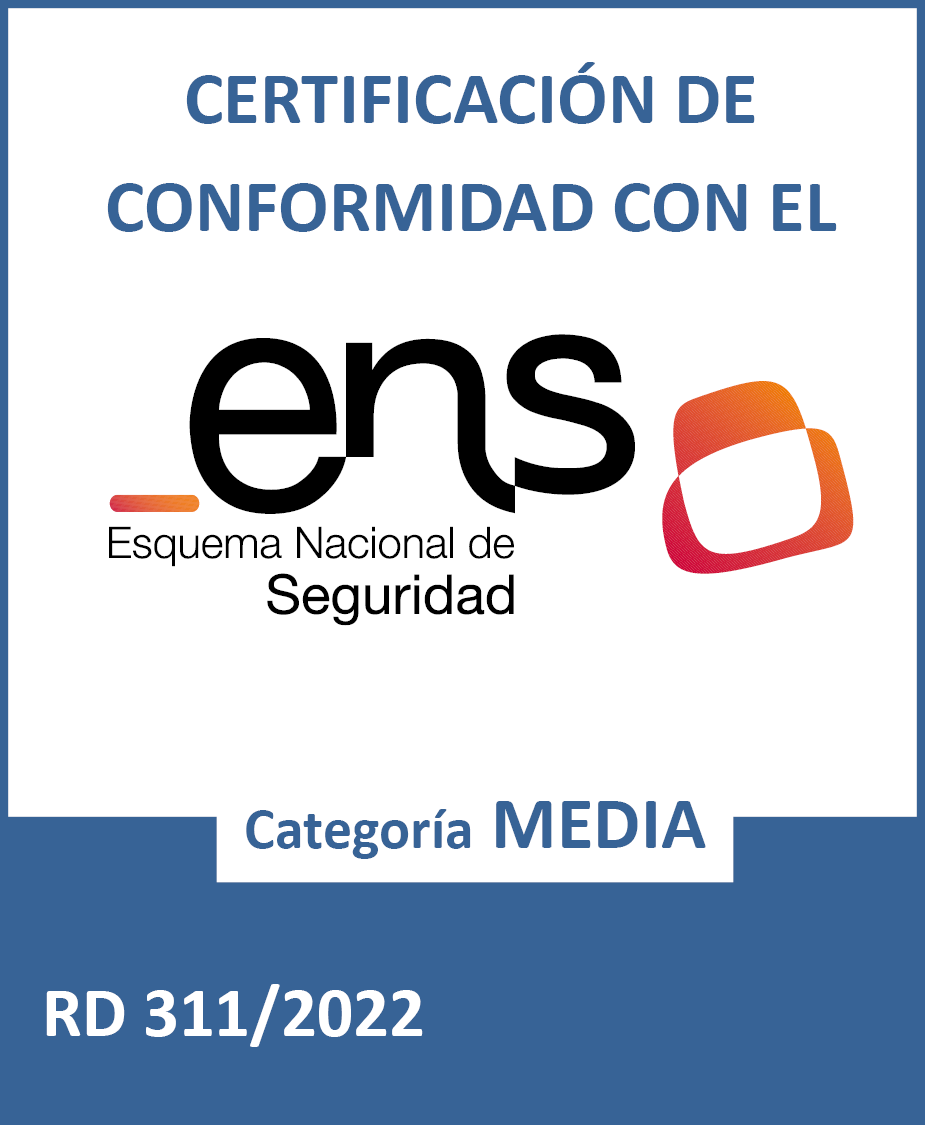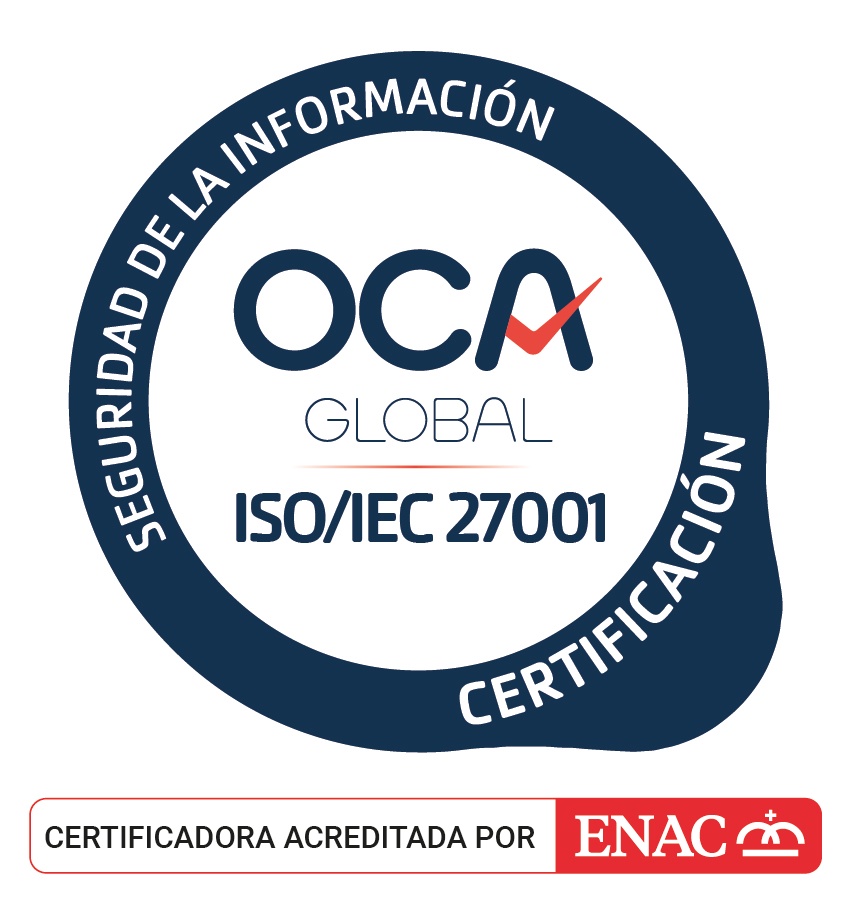The Confederación Hidrográfica del Segura (hereinafter CHS) began to carry out water quality control in 1979. Since then, water quality control networks have evolved remarkably, progressively increasing control points and the number of parameters analyzed to respond to the needs that arise and adapt them to the regulations in force. One of the most notable and recent changes has been the adaptation of existing networks to the obligations of the Water Framework Directive (hereinafter DMA), to the provisions of Article 8, which establishes the obligation to have monitoring programs or control networks before 2007.
The DMA's main objective is to establish a European framework for water management, defining basic principles and objectives to be achieved. The three pillars of the new water culture are ecology, economy (cost recovery for water-related services) and public participation.
In the Segura Hydrographic Demarcation there are 96 continental surface water bodies, of which 90 are classified in the river category and 6 in the lake category in the lake category, all of which have at least one associated control point .
Periodically, controls are carried out in protected areas, such as controls in waters that are to be used for the production of drinking water, in bathing water, in sensitive areas and in vulnerable areas.




